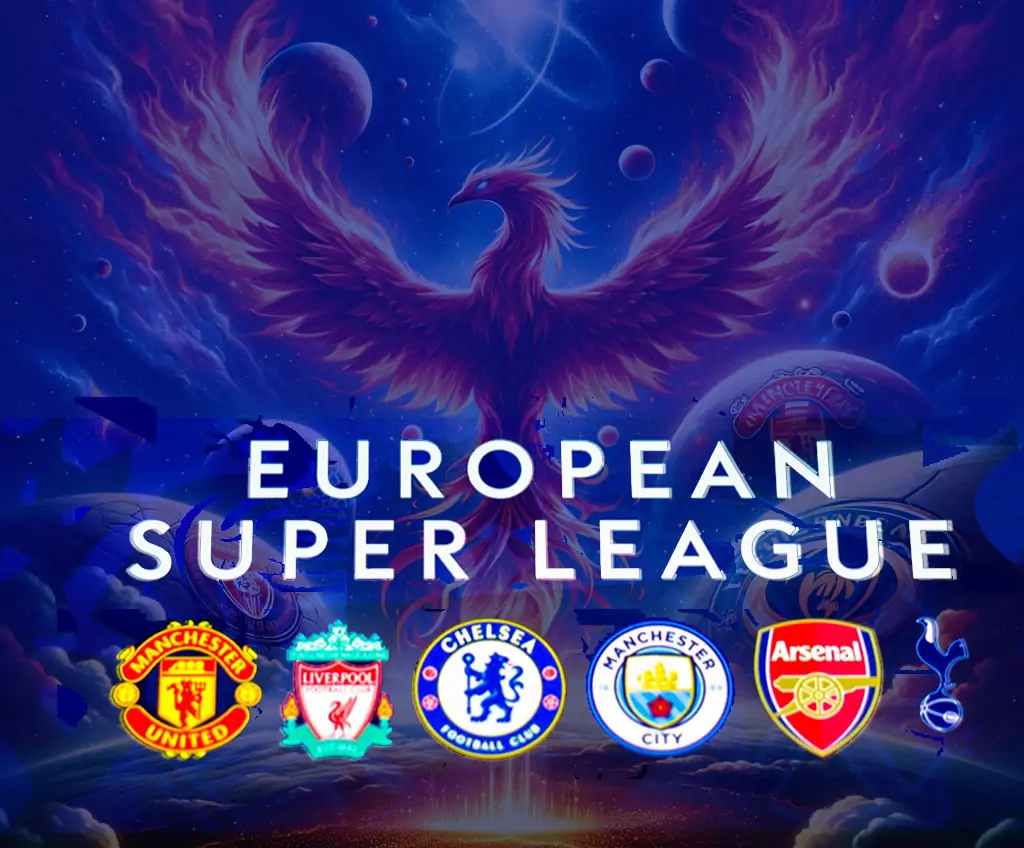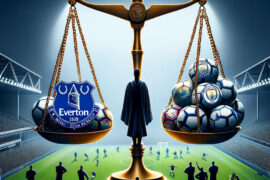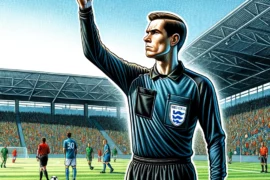Two years after the European Super League (ESL) debacle, the phoenix rises from the ashes—this time with the backing of the European Court of Justice.
In what’s been a seismic shift, UEFA and FIFA have been found to have broken competition law by attempting to block the developing league.
Despite widespread condemnation, the group behind the Super League has returned with a vengeance. This ambitious vision comes on the heels of a court ruling that could reshape the very fabric of European football governance.
The first try at the ESL, criticised for being greedy and against the spirit of football, has changed into a plan that promotes fairness and rewards achievement. The exclusivity of the original ‘dirty dozen’ has been abandoned for a format promising no permanent seats and a minimum guarantee of 14 matches per season for participating teams, who would also retain their domestic league ties.
However, scepticism remains as thick as ever. The lingering odour of the original scheme seems only masked, not eradicated, by this new pitch. The rebooted ESL still reeks of the old guard’s self-confidence, with many fans and pundits viewing it as a regurgitation of the past, dressed up in new rhetoric.
Sky Sports has branded this ruling as a bruising one for UEFA, yet the ESL’s resurgence appears impotent without the support of Premier League clubs. Meanwhile, Channel 4 reports that the project is back with legal clout, prompting questions about the future balance of power in football.
The old fears persist. The spectre of the ESL threatens to unravel the tapestry of European football, potentially impoverishing leagues and undermining UEFA’s existing club competitions. It’s a hard sell, and the new format seems as likely to win hearts and minds as a serpent is to be embraced post-molt.With the original conspirators still nursing the scars of fan backlash and the likes of Barcelona, Real Madrid, and a beleaguered Juventus clinging to the idea against a tide of resistance, the ESL’s path is fraught with challenges. Whether this new format can emerge from the shadow of its predecessor’s sins is a narrative yet to unfold.
As it stands, the ESL’s resurrection is a testament to the tenacity of its proponents. Yet, the question looms large: Can a league, born of controversy and baptised in public disapproval, find redemption, or is it doomed to wander in the wilderness of football’s collective disdain?
Only time will tell if this is a genuine watershed moment or another false dawn for an enterprise that seems to be as much about economics as it is about the beautiful game.






